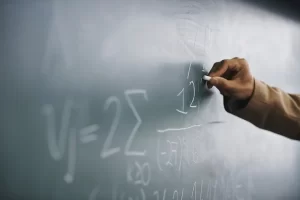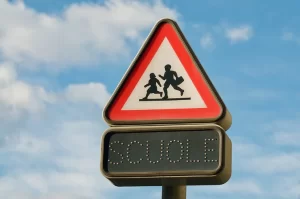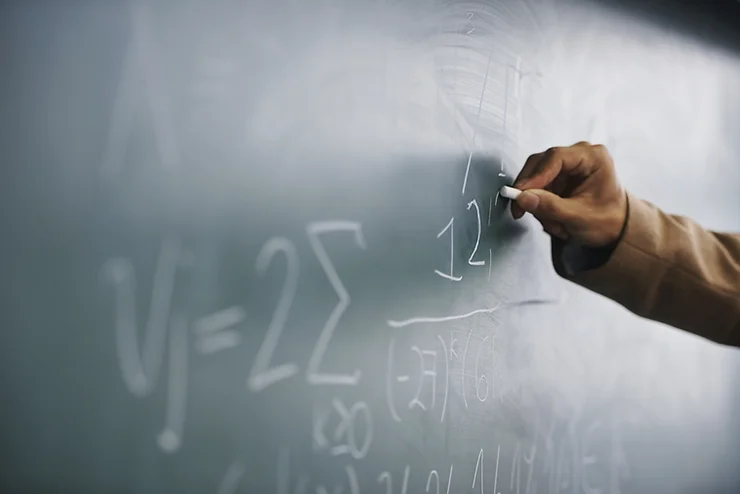With summer fast approaching, we know that summer regression is real and something that we would like to minimize as much as possible. But what exactly should you be working on with your kids at home? Here we outline exactly which subjects you should make a priority for your kids over the summer and throughout the school year.
Math facts
These should be 5-10 equations at a time. Keep running through them until they are all automatic. Find times throughout the day to practice, ex: in the car on the way to school. If they are using their fingers, talk through the mental math strategy with them (More on this coming soon!!). After the first time, just tell them the answer, have them say the equation with the answer, and put the card back in the pile.
Writing + spelling
Take advantage of summer vacation to send letters and postcards to friends and loved ones. Use this opportunity to work on spelling! Say the word, have the student break apart the syllables and sound it out, then they can write it. Watch for handwriting and letter formation. It can help to have them say the sentence first before writing it.
Reading fluency
If your child is K-2, reading practice should be working on fluency and stamina. They need to read aloud to an adult and they are typically not ready to read silently alone. If they guess a word, bring their attention back to the word and ask them to sound it out. If they cannot sound it out, just tell them the word. We also want to build up their work endurance. Watch their body language for fatigue and offer breaks to prevent frustration and an eventual desire to avoid the subject. Remember, they might know how to get out of doing their reading by acting like it is too tough, so being aware of the difference between actual fatigue and pretending is important.
Reading Comprehension
As your child reads, stop them every once in a while, for a check-in. Ask them, “hmm so what’s going on in this story?” If they are struggling to recall the story, then shorten the amount of time between check-ins, try to get them to describe what they are picturing (turning the book into a movie in their head), and then if that still doesn’t work, then you can model and describe what you are picturing.
If they are still learning to read, make sure to include read-alouds every day. Reading comprehension is strengthened with vocabulary development and exposure to different content areas. The more exposure you give them early on, the easier it will be for them when they are older.
If you have a middle-schooler who does not want to read aloud, have them summarize the chapter for you. It is best if you also read the book with them so you know what they are being exposed to and if they are summarizing the chapter correctly.












